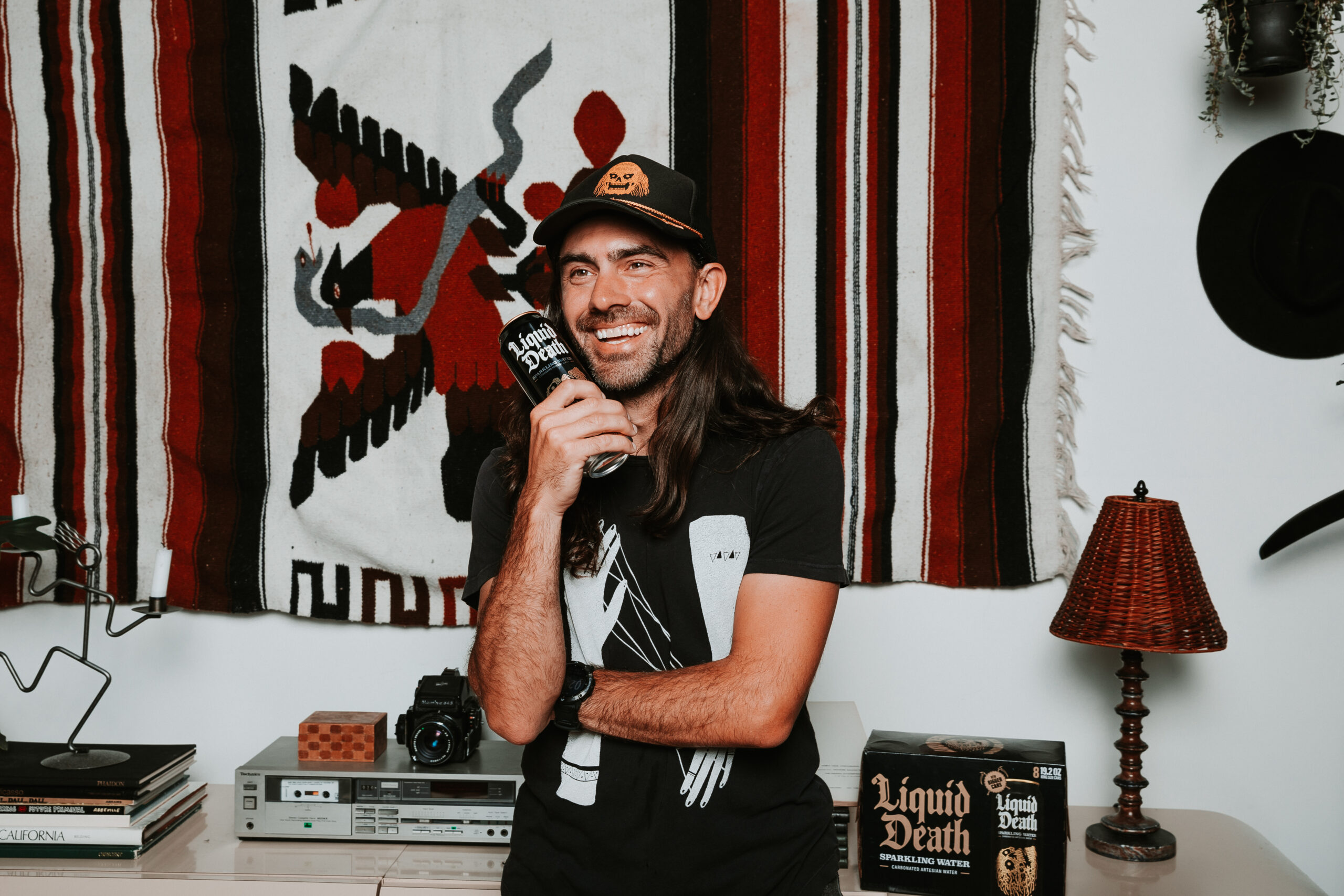
Ad Man
UGA alumnus believes advertising can be fun and make positive change. As VP of Creative at Liquid Death, he’s trying to do just that.
Think of your favorite Super Bowl commercial.
Is it a mud-splattered Betty White eating a Snickers bar? A trio of croaking frogs hawking Budweiser? Maybe “Mean” Joe Greene giving away his game jersey for a bottle of Coke?
Andy Pearson, who has worked as a creative director and copywriter for several big brands over the years, has noticed a pattern.
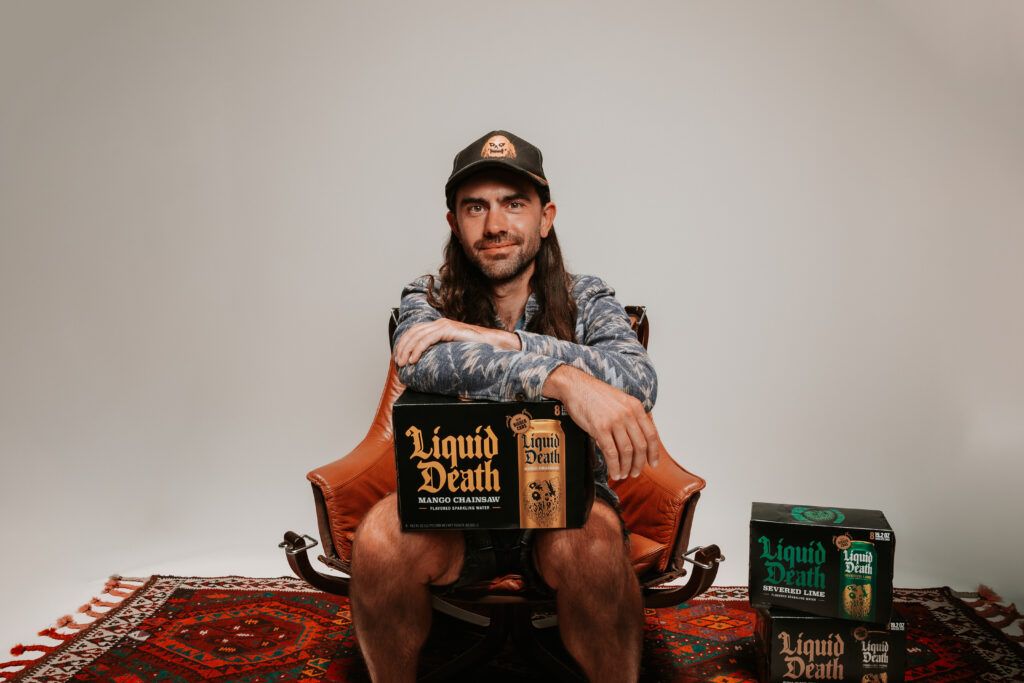
“All the most fun brands on the planet are the ones that are not healthy for us,” he says. Today, Pearson ABJ ’06, AB ’06 is the vice president of creative at Liquid Death, the subversive canned water company.
For those unfamiliar with Liquid Death, here’s the quick rundown: Founder and CEO Mike Cessario wanted to sell water in cans instead of bottles to reduce plastic pollution, and he devised a brand with a punk rock/heavy metal aesthetic and farcical sense of humor.
The company packages its water (sparkling or still, flavored or au naturel) and iced tea in tall boy-sized cans emblazoned with a melting skull logo. Whereas most water companies put their beverage in a clear plastic bottle to invoke purity, Liquid Death’s cans look like, well, beer or a sugary, over-caffeinated energy drink.
The basic premise of Liquid Death, according to Pearson, is this: “What if we took the healthiest thing on the planet—water—and made it look like beer, and then we acted like it was really unhealthy?”
The Power of Advertising
In his role leading the creative team, Pearson helps produce a slew of short comedy videos that could pass for Saturday Night Live sketches or content for the website Funny or Die. Liquid Death once ran a TV ad featuring a raging house party where children are chugging the company’s tall boy cans as if they were drinking Natty Light. The ad ends with a pregnant lady guzzling Liquid Death, followed by the line, “Don’t be scared. It’s just water.”
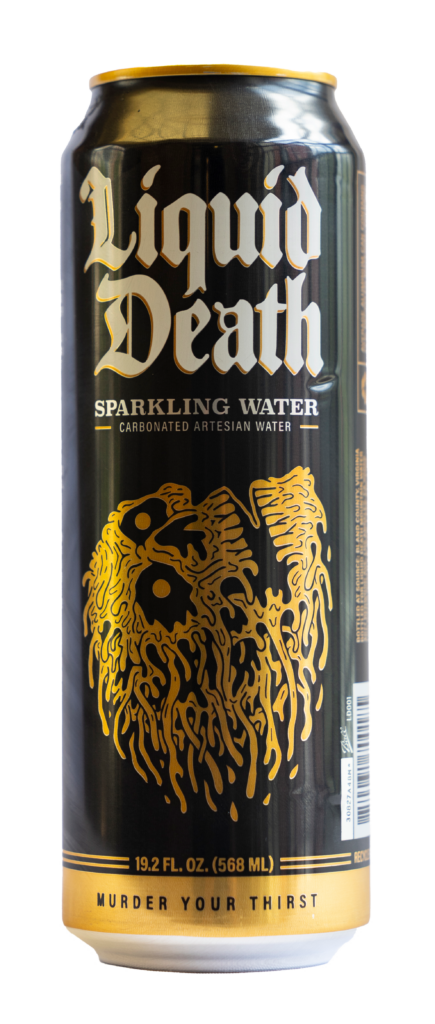
Pearson joined Liquid Death in 2021 after a career spent hopping to different ad agencies and freelancing.
For Pearson, effective advertising is about wielding creativity to share ideas. He first found that spark at the University of Georgia.
Pearson came to Athens as an Honors student with the intention to pursue journalism as a creative outlet. But he found the high-minded journalism of the 2000s didn’t quite fit his sensibilities. He once wrote a sweeping three-part series for The Red & Black student newspaper about the 30th anniversary of a national streaking record set on UGA’s campus, which his editors condensed to one concise 500-word story. So Pearson went looking for a “more creative” field.
“And that’s kind of how I found my way to advertising,” he says.
He was inspired by advertising professors in the Grady College of Journalism and Mass Communication, like Jay Hamilton, who helped him discover the power of ads.
“There can be just a really simple idea that we put out in the world that has a real effect,” he says.
Pearson also flourished with the leadership and learning opportunities from the Honors Program, where he served as a student advisor and member of the Honors Council.
Pearson’s Career
After honing his craft at the Atlanta ad school Creative Circus, Pearson went on to work at several ad agencies and picked up freelance work.
He’s written for Pizza Hut, Old Navy, Volkswagen, and Microsoft, to name a few. Then he took a few years to travel to Asia and Europe with his wife, freelancing all the while. During that time, he met Cessario, the Liquid Death founder. When Pearson settled stateside in Los Angeles, a job offer followed.
Pearson feels like he’s found his true calling at Liquid Death, where his job isn’t so much about selling a product as it is giving his audience a chuckle.
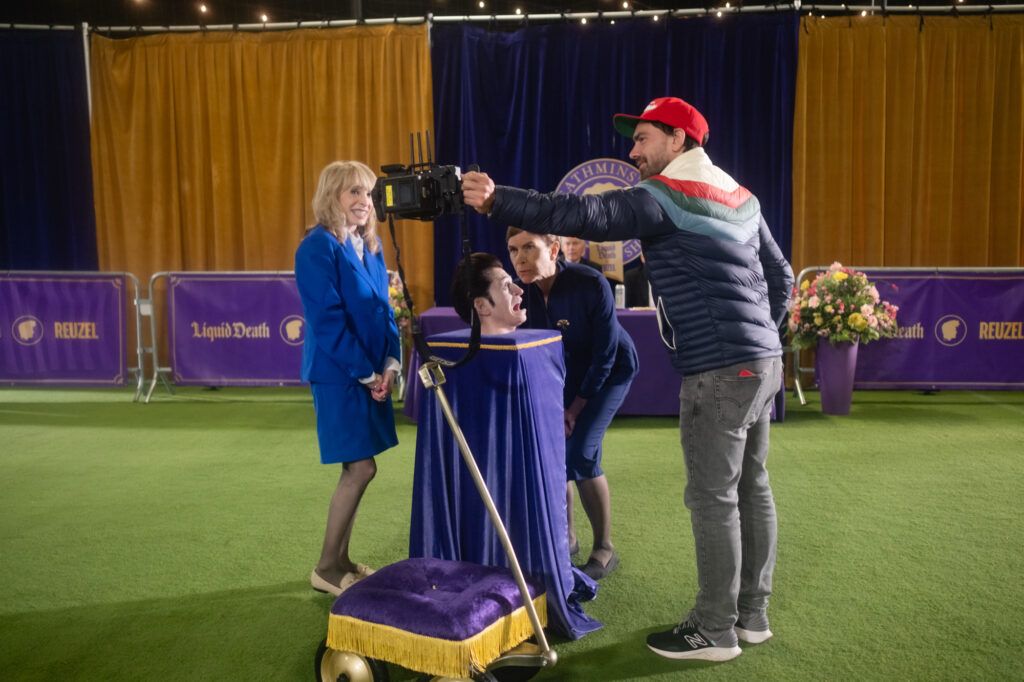
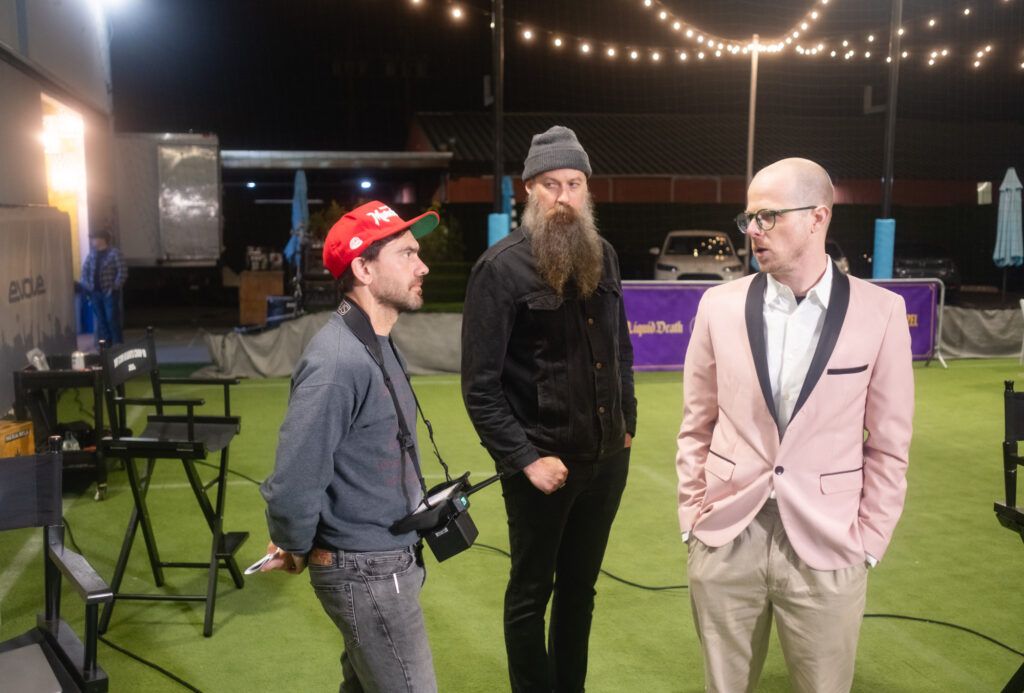
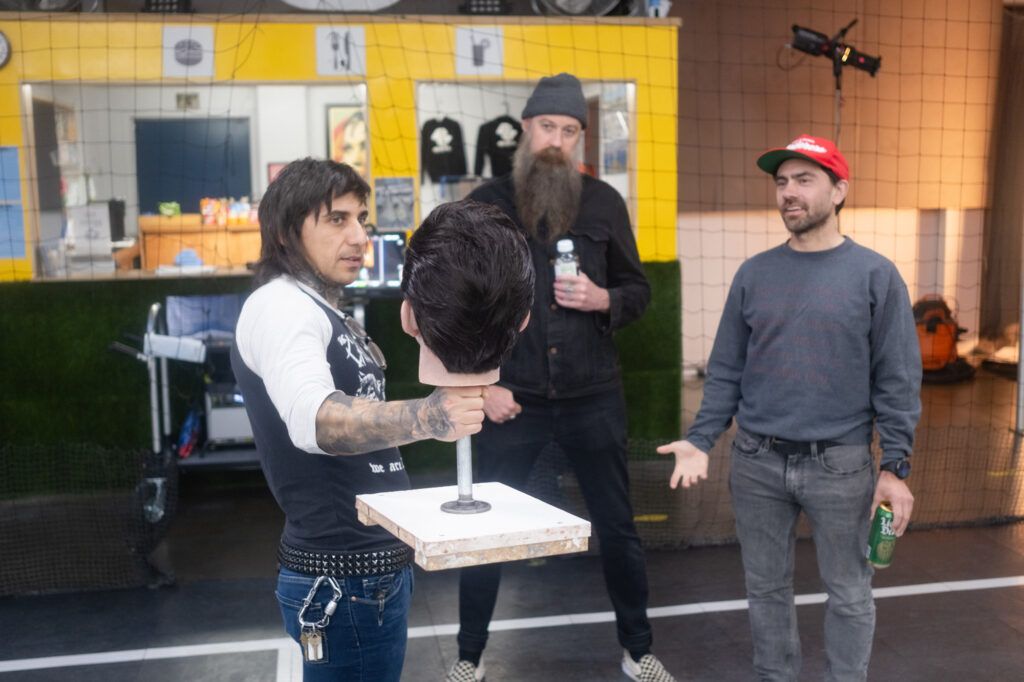
“We kind of think of ourselves more as an entertainment brand that happens to sell water than a water brand that makes ads,” Pearson says.
Pearson uses that same approach to help the brand talk about plastic pollution—particularly the difficulty in recycling plastics. (Most of the plastic that consumers “recycle” actually ends up in a landfill or, worse, the environment.) In one video, Pearson helped create a fake ad for a “recycled plastic surgery center,” which offers implants made of used plastic bottles.
“We approach sustainability using dark humor to talk about it and bring more people in,” Pearson explains.
“A lot of brands are still trying to force themselves down people’s throats, which as a person who gets marketed to all the time, that’s not what I want to be,” he says. “Our goal is to just be the best thing that someone sees that day.”
Written by: Aaron Hale
Photography by: submitted
Design by: Andrea Piazza